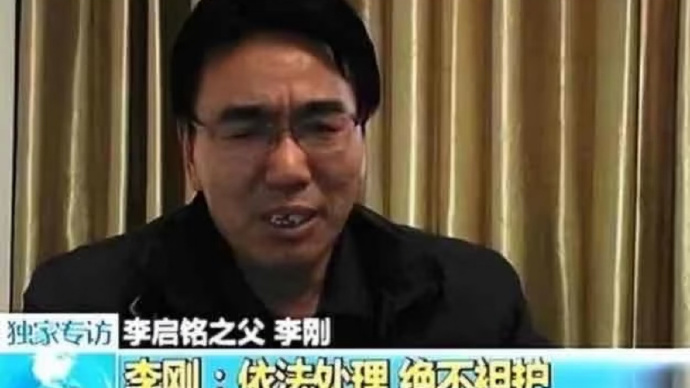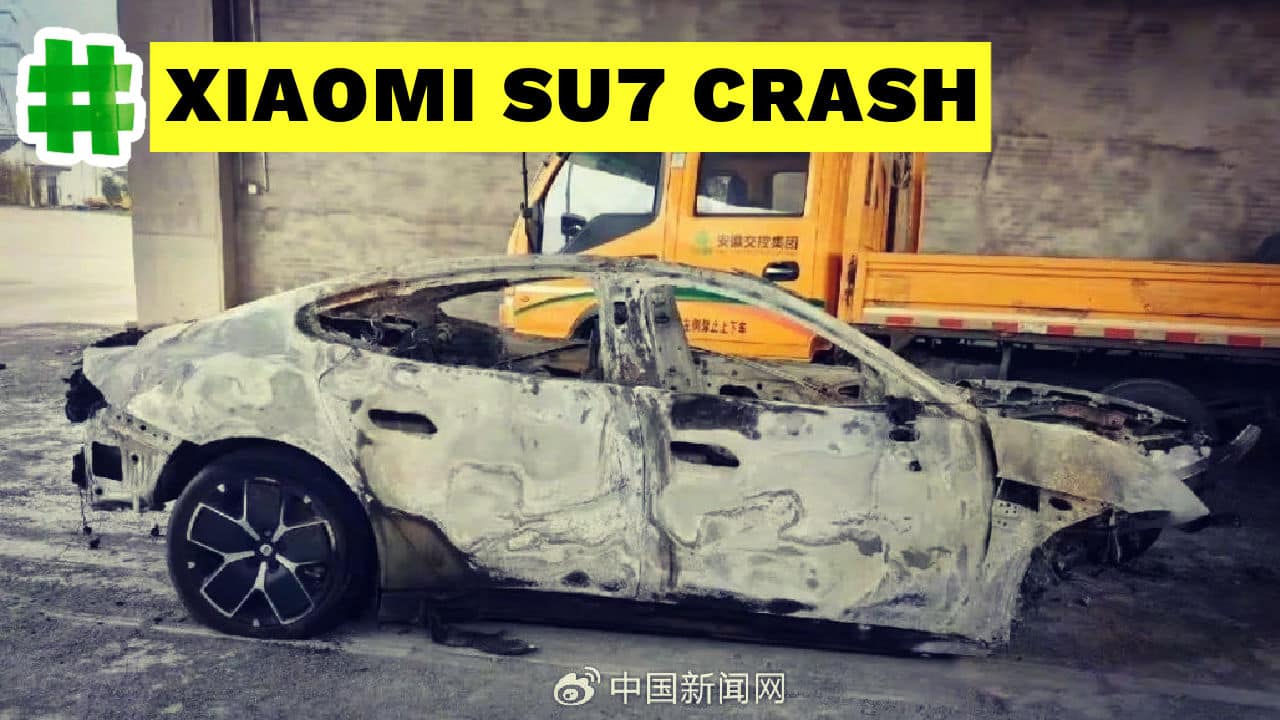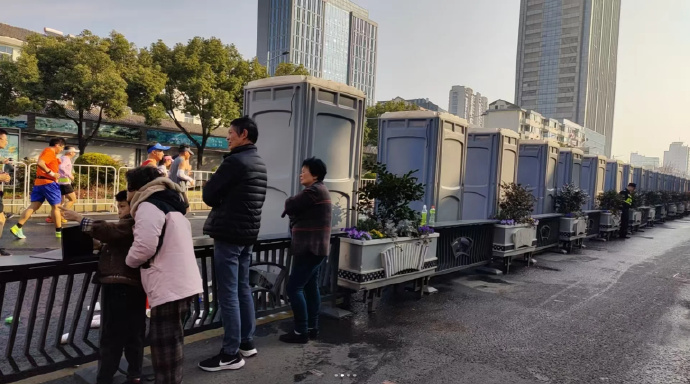Do you know who Li Gang is? On April 22, 2025, it is the name that is top trending on Chinese social media platforms Weibo, Douyin, and Kuaishou, following the news that Li Gang was arrested (#李刚被逮捕#) and suspected of accepting bribes.
Li Gang is the former head of the Discipline Inspection and Supervision Office (纪检监察组) at the Central Commission for Discipline Inspection (CCDI) and the National Supervisory Commission (NSC). The CCDI (中央纪委) is China’s top internal Party watchdog, while the NSC (国家监委) is the anti-corruption agency at the state level. Together, they form the most powerful Party-state anti-corruption force in the country.
The 59-year-old Li Gang is — or rather, was — an experienced Party member and senior investigator who led the team at the Central Organization Department.
Of course, there is great irony in the fact that the very person whose job it was to act as an internal watchdog overseeing and investigating corruption among officials is now accused of accepting bribes himself. According to China Daily, Li associated with political fraudsters and resisted organizational investigations. He accepted banquets that compromised the impartial execution of his duties, illegally took money and goods, and abused his position for personal gain and to benefit others in various ways.
Li, born and raised in Sichuan Province, joined the Communist Party in 1986. Over the years, he held various positions, including Deputy Party Secretary of his native Dazhu County, Party Secretary of Zigong city, and Vice Governor of Sichuan Province. In 2023, he was appointed head of the Discipline Inspection and Supervision Office at the Central Organization Department.
Many commenters on social media call Li Gang a “traitor” or “mole” (内鬼 nèiguǐ). One Weibo blogger (@张胜军), along with one commenter (@第一球迷胖哥), wrote:
💬 “This is truly a case of breaking the law while enforcing it (执法犯法), like a thief crying ‘stop the thief’ (贼喊捉贼), and they got caught in the end.”
💬 “The case of Li Gang exposes the problem of how some officials have lost their ideals and are just hungry for power. Public opinion is calling for systematic limitations to leave less room for corruption, and to strengthen the normalization of oversight for the ‘key minority’ [the power elite].”
Besides the comments pointing out the irony of Li being caught for bribery given his position, and those calling him a disgrace to Sichuan Province, many netizens are also noting the familiarity of his name.
For many Chinese, the name Li Gang—especially in connection with power abuse—brings to mind another official associated with the famous online meme “My Dad is Li Gang.”
In October 2010, 22-year-old Li Qiming (李启铭), while driving under the influence, hit two female college students at Hebei University, killing one and seriously injuring the other. After fleeing the scene, he was arrested and infamously said: “Sue me if you dare! My dad is Li Gang!” His father, also named Li Gang, was the deputy director of the local public security bureau in Baoding.
Despite efforts by authorities to suppress the story at the time, “My Dad is Li Gang” (“我爸是李刚”) quickly went viral, becoming a nationwide meme. The phrase inspired widespread online creativity, including a contest encouraging netizens to incorporate the quote into classical Chinese poetry—drawing thousands of humorous and satirical entries.
The humor extended offline as well. Road safety signs in Guangxi read: “Dear friends, drive slowly. Your father is not Li Gang” (“朋友,开慢点, 你爸不是李刚”). Car stickers appeared with slogans like: “Don’t touch me, my dad is Li Gang” (“别碰我,我爸是李刚”).

Li Qiming was eventually sentenced to six years in prison for the accident, but the phrase “My Dad is Li Gang” lived on as a meme to expose and mock abuses of power.

The other Li Gang tearfully apologizing for his son’s actions back in 2014.
The sentence resurfaced in June 2014, when the phrase “Do you know who my dad is?” (你知道我爸是谁啊) became a trending topic on Weibo. This followed an incident during the college entrance exams in Fuxin, where a student arrived at school in a BMW and was caught cheating on his phone. When confronted by a teacher, he attacked her, shouting: “Do you know who my dad is? You still dare to check me?”
That moment also drew comparisons to the Li Gang meme. The phrase “Do you know who my dad is?” reflects the attitude of a group often labeled as fù’èr dài (富二代, “Second-Generation Rich”) and guān’èr dài (官二代, “Second-Generation Officials”)—those who believe they are untouchable due to their parents’ status. This attitude is closely tied to fraud, corruption, and power abuse—not just by the children themselves, but by their parents as well.
The current Li Gang incident brings everything together for many people, though it has also led to some confusion: “Which Li Gang is this? Is this the Li Gang from ‘My Dad is Li Gang’?” The current Li Gang is actually much higher in position than the one from 2010.
“Again, another Li Gang,” some say. “Another corrupt official.”
Although the name Li Gang itself may not be so special—many people have an uncle or neighbor with the same name—the current trending Li Gang news story now inevitably links the name with power abuse, entitlement, and corruption, but also with the idea that eventually, those who do wrong will be punished.
As of On April 7, 2025, Li has been expelled from the Communist Party and dismissed from public office. His case has now been transferred to the procuratorate for review and prosecution.
By Manya Koetse
(follow on X, LinkedIn, or Instagram)
Spotted a mistake or want to add something? Please let us know in comments below or email us. First-time commenters, please be patient – we will have to manually approve your comment before it appears.
©2025 Whatsonweibo. All rights reserved. Do not reproduce our content without permission – you can contact us at info@whatsonweibo.com.
Follow What’s on Weibo on


 China Insight12 months ago
China Insight12 months ago
 China Digital11 months ago
China Digital11 months ago
 China Arts & Entertainment11 months ago
China Arts & Entertainment11 months ago
 China Brands, Marketing & Consumers12 months ago
China Brands, Marketing & Consumers12 months ago




























